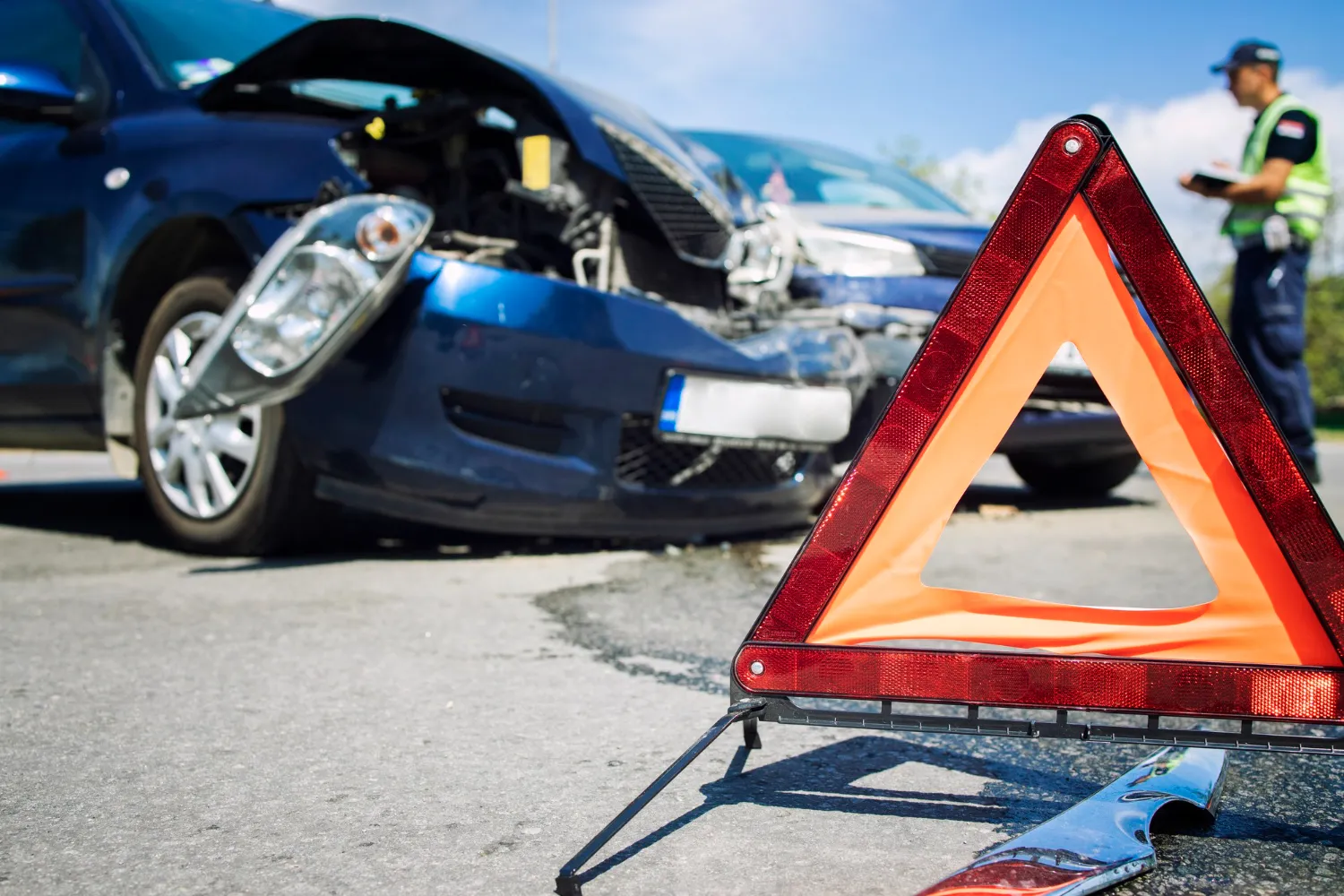A DUI conviction can have severe consequences, affecting various aspects of an individual’s life. One significant impact is the spike in car insurance premiums. Many drivers are left wondering, “How much will car insurance go up after DUI?” The answer is not straightforward, as several factors come into play. However, understanding the potential increase in insurance rates is crucial in preparing for the financial burden. In this blog, we will explore the various factors that influence the rise in car insurance after a DUI and provide strategies to manage the increased costs effectively.

What is a DUI?
A DUI, standing for Driving Under the Influence, involves operating a vehicle when impaired by the effects of alcohol or drugs. This offense is taken very seriously across states due to its potential to endanger lives and property. The legal threshold for impairment typically hinges on a blood alcohol concentration (BAC) level, which is 0.08% for drivers aged 21 and over in most jurisdictions. Engaging in such behavior can lead to dire legal repercussions, including significant fines, the suspension of driving privileges, and even incarceration, depending on the specifics of the incident and any prior offenses.
How do Car Insurance Companies View DUIs?
Insurance companies view DUI convictions as indicators of high-risk behavior, leading to a reevaluation of policy terms and premium rates for affected drivers. This reassessment is grounded in the insurer’s need to mitigate the increased risk of claims that statistically accompany DUI offenses. As a result, individuals can expect their car insurance rates to rise significantly post-DUI, reflecting the insurer’s adjusted risk perception. The question of “How much will car insurance go up after DUI?” This is answered by this recalibration, with the increase being a direct consequence of the insurer’s strategy to manage the heightened risk profile of the driver.
The Immediate Impact of a DUI on Car Insurance Rates
Following a DUI conviction, individuals often face an abrupt and significant uptick in their car insurance premiums. This increase can vary widely but tends to range between 80% and 100%, marking a substantial financial repercussion for the convicted driver. For example, if a person’s annual premium was initially $1,000, a DUI can potentially escalate this amount to $1,800 or even $2,000. Such a spike reflects the insurance industry’s risk assessment practices, wherein drivers with DUIs are deemed high-risk. Consequently, insurers recalibrate their premium rates to account for the increased possibility of claim filings associated with DUI histories. This sharp rise underscores the gravity of a DUI’s impact on one’s financial obligations toward car insurance.
Factors Influencing Your New Premium
The question of “How much will car insurance go up after DUI?” is influenced by a variety of factors, making each individual’s experience unique.

Severity of the DUI
One primary factor is the severity of the DUI offense. For instance, a higher blood alcohol concentration (BAC) level at the time of the arrest or having multiple DUI convictions can lead to steeper premium increases. This is because these factors signify a greater risk to insurers, prompting more substantial rate adjustments.
State Regulations
State regulations also play a crucial role in determining your new premium rates after a DUI conviction. Each state has its own set of laws governing how insurance companies can calculate premiums for drivers with DUIs on their records. Some states may impose caps on how much an insurer can increase rates, while others have more lenient regulations, allowing insurers more freedom to set their rates based on perceived risk. This variability means that the financial impact of a DUI on car insurance premiums can significantly differ from one state to another.
Insurance Company Policies
Insurance company policies are a vital factor in the equation. Different insurers have varying methods for assessing risk and determining premium rates for drivers with DUI convictions. Some companies specialize in high-risk drivers and may offer more competitive rates for those with DUIs compared to companies that primarily cater to drivers with clean records. The individual policies and risk assessment models of these companies will directly influence how much your car insurance will go up after a DUI.
Navigating the High Seas of Increased Premiums
Facing higher car insurance premiums after a DUI doesn’t mean you’re without options. Actively searching for competitive quotes is a key step; insurers differ in how they assess risk, so rates can vary significantly. Beyond comparison shopping, consider leveraging any available discounts. Some insurers reward policyholders for taking defensive driving courses or for installing telematics devices that monitor driving habits, offering a potential reduction in premiums. Additionally, check if your current insurer offers any forgiveness programs or options for reassessment after a period of safe driving. While the path to lower premiums may require effort and patience, these strategies can help make your insurance costs more manageable in the aftermath of a DUI.
The Long-Term Consequences of a DUI on Insurance Costs
The repercussions of a DUI extend beyond the initial spike in insurance premiums. This incident can affect future insurance costs for years. Some insurers consider a DUI conviction in their risk assessment for up to a decade. This prolonged period of increased premiums highlights the enduring financial impact of a DUI. During this time, individuals may face consistently higher insurance expenses. Understanding and addressing the factors contributing to these sustained costs is crucial. The duration and severity of the impact vary among insurance providers based on their policies and state regulations. A DUI conviction can significantly alter car insurance costs, making it essential for drivers to seek favorable terms and conditions to mitigate long-term financial implications.
Strategies for Reducing Your Insurance Premiums Post-DUI
Navigating the aftermath of a DUI with elevated insurance premiums requires a proactive approach to finding financial relief. Engaging in responsible driving habits is paramount. A clean driving record post-DUI demonstrates to insurers a commitment to safe driving. This can potentially lead to reduced premiums over time. Enrollment in a recognized defensive driving course is another effective strategy. It signals to insurance companies a serious attitude toward improving driving skills and safety awareness.

Plus, explore all potential discounts with your insurance provider. This may include discounts for low mileage, having multiple policies with the same company, or the installation of safety devices in your vehicle. By actively pursuing these strategies, drivers can make strides toward alleviating the burden of higher insurance premiums following a DUI conviction.
Conclusion
In conclusion, a DUI significantly affects your car insurance rates, but understanding and actively managing this impact can help. At Core Benefits, we’re committed to guiding you through this challenging time with personalized insurance solutions. If you’re facing higher premiums post-DUI and seeking ways to mitigate these costs, our experts are here to assist. Contact us today to explore your options and find the support you need to navigate the complexities of insurance after a DUI.
July 31, 2024